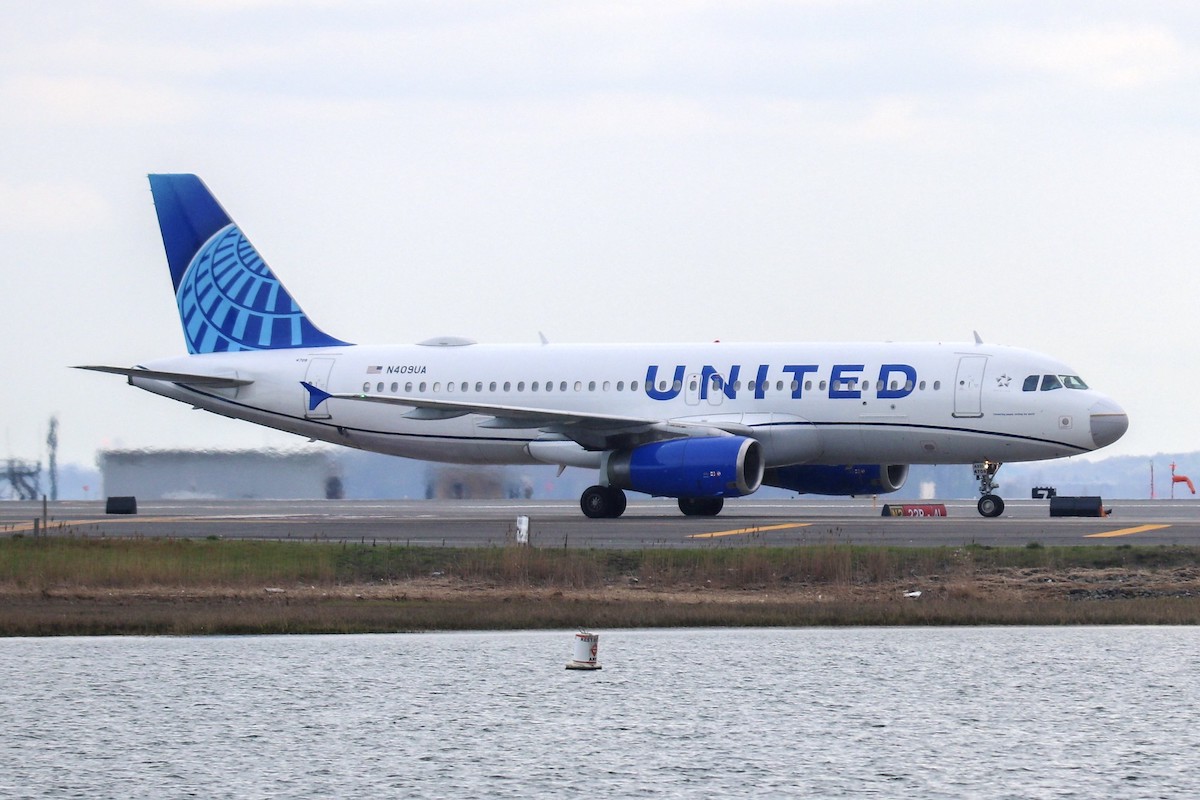


United Airlines has announced a commendable rise in corporate revenues for the third quarter, marking a significant shift in the business travel landscape.
The airline experienced a notable 13% increase in corporate earnings, alongside robust demand for premium seats, reflecting a positive trend post-pandemic.
United Airlines’ latest financial results highlight a resurgence in business travel. The company reported an impressive 13% rise in corporate revenues, a clear indication of renewed confidence among business travellers. Despite a decrease in net income by 15%, the overall revenue reached an encouraging $14.8 billion.
The steady increase in business travel has been a positive signal for the airline industry. Many carriers, including United, have benefitted from this trend, boosting their figures through strategic planning and customer-focused services.
Alongside its revenue announcements, United Airlines has embarked on a substantial $1.5 billion share buyback programme. This manoeuvre is the first since the pandemic and underscores the airline’s belief in its robust business model.
Michael Leskinen, United Airlines CFO, emphasised the airline’s long-term commitment to shareholders, stating, “In the last four years, we’ve invested $22 billion in our product and nearly $10 billion in our people.”
Demand for premium travel has remained resilient, contributing significantly to United’s success in the third quarter.
In tangible terms, revenues for premium seating increased by 5%, while basic economy saw a remarkable surge of 20%. These figures underscore the diverse appeal of United’s offerings.
Domestically, the airline observed positive unit revenues during August and September, buoyed by strategic capacity adjustments to eliminate less profitable options.
United Airlines is proactively expanding its international reach by introducing an array of new routes.
The airline plans to capitalise on the sustained demand for international travel by launching flights to less conventional destinations such as Ulaanbaatar, Nuuk, and Palermo.
These new routes are a testament to United’s forward-thinking strategy and its commitment to expanding its global footprint, anticipating extended demand for global travel into the coming year.
United Airlines’ continued investment in its operations underscores a strategic approach to maintaining and enhancing its market position.
The airline’s financial strategy revolves around balancing continued investments in operations while managing debt, thus ensuring both sustainability and profitability.
With an ongoing focus on financial prudence, United aims to use its resources to solidify its competitive edge while ensuring growth across various market segments.
United Airlines’ performance is part of a broader trend observed across the airline industry.
The airline sector, as represented by indices such as the Skift Travel 200, shows a pattern of recovery and steady growth, highlighting the resilience of this industry amidst global challenges.
The strategic shifts by airlines, including route expansions and buybacks, are indicative of a renewed optimism that fuels the industry’s forward trajectory.
United Airlines’ third-quarter report underlines the airline’s strategic advancements and financial planning, all contributing to its robust business performance.
With solid gains in corporate revenues and strategic international expansions, United is positioning itself for sustained growth and continued success in a competitive landscape.
In conclusion, United Airlines’ latest financial outcomes reflect a strong comeback in the business travel sector, accompanied by strategic growth initiatives.
The airline’s focused approach on innovation and expansion will likely bolster its market position, setting a promising trajectory for the future.